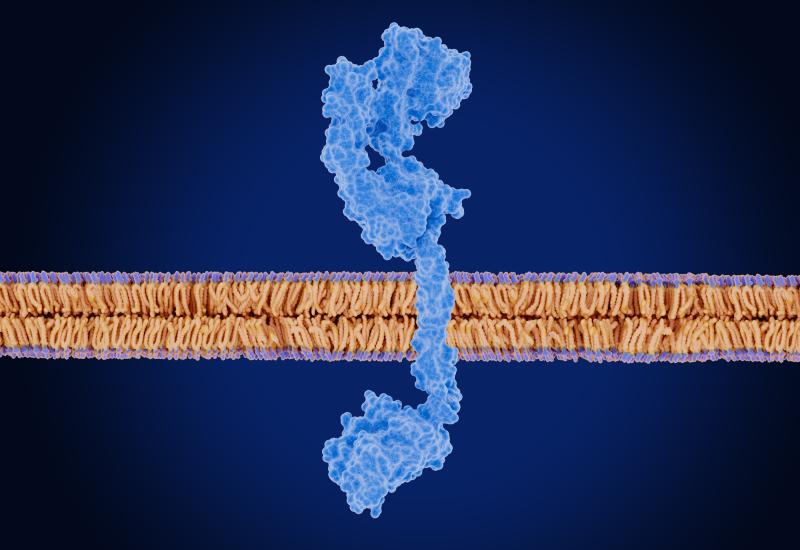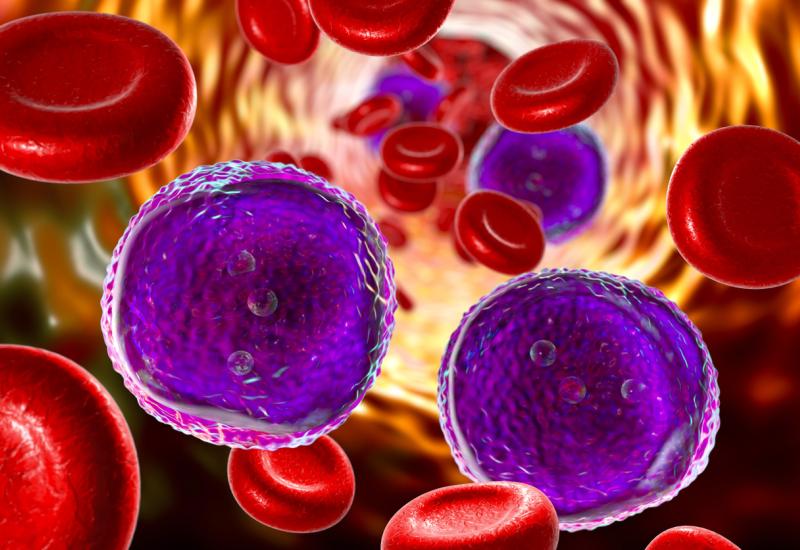
Relay pulls ahead of Lilly
A pivotal trial of the group’s mutant-selective PI3Kα inhibitor, RLY-2608, will start in July.
A pivotal trial of the group’s mutant-selective PI3Kα inhibitor, RLY-2608, will start in July.

Developing a wild-type sparing PI3Kα inhibitor has become a David versus Goliath battle, with the small-cap biotech Relay Therapeutics going up against Lilly – but in terms of timing Relay has pulled ahead. A phase 3 trial of Relay's RLY-2608 just went live on clinicaltrials.gov.
Lilly hasn’t disclosed pivotal plans yet for its lead contender, STX-478, which it gained via the January acquisition of Scorpion Therapeutics. Presumably Relay will need to stay in front of its bigger rival if it wants to make a mark here.
Relay race
As promised last year, Relay’s pivotal study, called ReDiscover-2, will enrol patients with PIK3CA-mutated breast cancer refractory to one line of CDK4/6 therapy, and test RLY-2608 plus Faslodex versus AstraZeneca’s AKT inhibitor Truqap plus Faslodex.
The primary endpoint is centrally assessed progression-free survival, with overall survival a secondary endpoint. RLY-2608 will be dosed at 400mg twice-daily in the fed state. Truqap is in the comparator cohort because it's approved for breast cancer with mutations including PIK3CA alteration.
In the phase 1 ReDiscover trial, a RLY-2608/Faslodex combo produced a confirmed overall response rate of 39% among 31 second-line PIK3CA-mutated ER-positive, HER2-negative breast cancer patients. That was with a 600mg twice-daily dose of RLY-2608, although Relay has said that the 400mg fed dose has shown equivalent exposure to 600mg fasted.
That trial is ongoing, and will also test triplets of RLY-2608 plus Faslodex plus a CDK4/6 inhibitor like Ibrance or Kisqali; and RLY-2608 plus Faslodex plus Pfizer’s CDK4 inhibitor atirmociclib.
A couple of PI3Kα inhibitors are approved in the US, namely Novartis’s Piqray and Roche’s Itovebi, though both hit wild-type as well as mutant forms of the protein, and come with warnings on their US labels.
It’s hoped that wild-type sparing projects could be less toxic. Others are developing even more selective molecules, targeting specific mutations; however, Lilly recently pulled back from the latter approach when it discontinued the H1047R mutant-specific LOXO-783 last August.
Third shot
At that time, Lilly shifted to a next-generation asset that, it later emerged, was the wild-type sparing LY4045004.
STX-478, which is also wild-type sparing, is therefore Lilly’s third shot at PI3Kα inhibition. It’s unclear whether, since agreeing to buy Scorpion in January for up to $2.5bn, Lilly is still developing LY4045004. That project had been due to enter the clinic in the first half of 2025, but a clinicaltrials.gov listing hasn’t yet emerged.
STX-478 has produced an ORR of 23% in breast cancer – but this was as monotherapy, making a cross-trial comparison against the RLY-2608/Faslodex combo tricky. STK-478’s phase 1/2 trial is also testing a triplet including Faslodex and CDK4/6 inhibition, while an atirmociclib-containing triplet is slated to begin in the second half.
With Lilly on its tail Relay will need to make the most of its head start.
Battle of the PI3Kα wild-type sparing inhibitors
| Project | Company | Trial | Setting | Regimen | Note |
|---|---|---|---|---|---|
| RLY-2608 | Relay | Ph3 ReDiscover-2 | PIK3CA-mutated breast cancer, after CDK4/6i | + Faslodex, vs Truqap + Faslodex | To start Jul 2025; ph1 ReDiscover found 39% ORR (n=31) with Faslodex combo |
| STX-478 | Lilly (via Scorpion) | Ph1/2 STX-478-101 | PIK3CA-mutated solid tumours | +/- Faslodex, +/- CDK4/6i, +/- atirmociclib | 23% ORR (n=22) as monotherapy in breast cancer |
Source: OncologyPipeline.
2377













